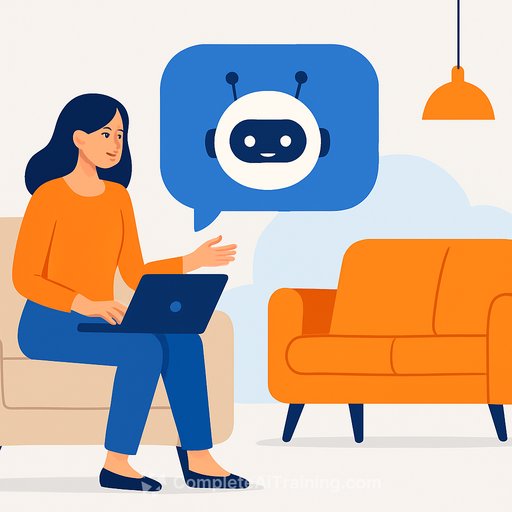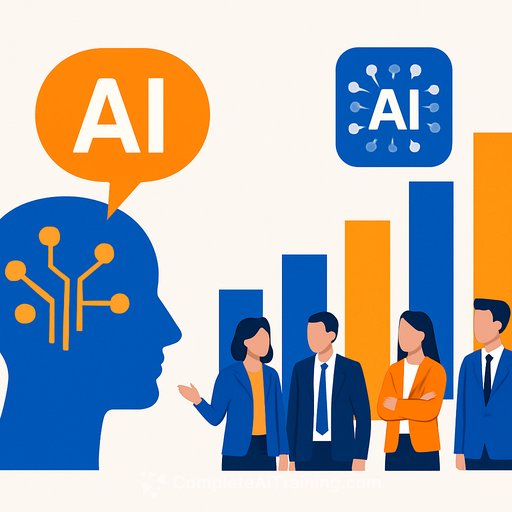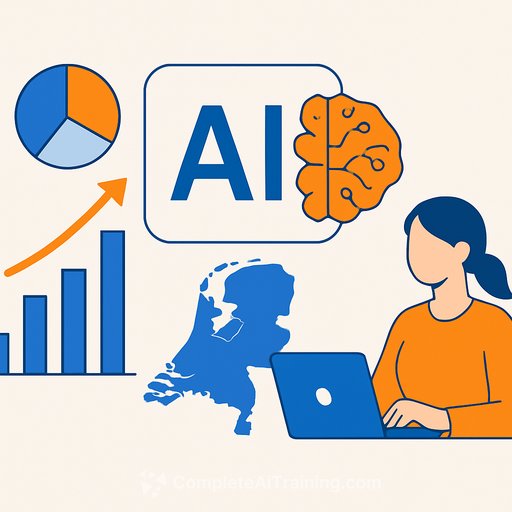Why AI Avatars Are Outselling Human Sales Staff
In some Chinese markets, AI-powered virtual sales avatars are already outperforming human salespeople. These AI avatars shine in livestream ecommerce, offering 24/7 real-time demonstrations and achieving higher conversion rates than their human counterparts.
While concerns about job security rise as AI tools advance, sales roles have seemed relatively secure due to the need for charisma and conversational skill. However, this is shifting as AI avatars take on livestream sales, particularly in China, where they are gaining ground rapidly.
For example, Japanese electronics company Brother uses AI avatars to sell printers during livestreams in China. Within just two hours, their AI host generated $2,500 in sales—a 30% increase compared to traditional livestream sales. Created by Shanghai-based agency PLTFRM, these avatars appear on major ecommerce platforms like Taobao and Pinduoduo, promoting everything from office equipment to everyday consumer products.
“Every morning, we check how much our AI host sold while we were asleep,” Brother shared. “It’s now part of our daily routine.”
How AI Enables Round-the-Clock Selling
PLTFRM’s virtual salespeople combine Baidu’s AI video models with DeepSeek’s Large Language Models (LLMs) to engage in real-time conversations during livestreams. Unlike earlier models that relied on pre-recorded responses, these avatars respond instantly to live customer feedback.
Alexandre Ouairy, Co-Founder of PLTFRM, notes that AI-driven sales avatars often outperform human sales reps. One key advantage is their ability to work nonstop without fatigue or breaks, a huge benefit in China’s massive livestream ecommerce market.
How AI Highlights Human Limitations
Livestream selling by humans is limited by physical endurance. “A real person can only do a livestream for three or four hours before getting tired and losing their voice,” Alexandre explains. Sales data confirms this drop in performance as fatigue sets in.
“Sales are stronger in the first hour with a human presenter but decline after that. The virtual human maintains a consistent, positive attitude throughout,” he adds.
Is This the Future of Ecommerce?
Livestream commerce in China is huge, with over a third of all ecommerce sales expected to happen live by 2024. Around half of Chinese consumers have made purchases during livestreams.
Baidu tapped into this trend with an AI version of influencer Luo Yonghao. This six-hour livestream attracted 13 million viewers and generated $7.7 million in sales.
What Lies Ahead for Human Salespeople?
The rise of AI sales avatars signals a shift in ecommerce marketing. Brands are moving from influencer partnerships to AI-led selling, which could reduce the need for human content creators.
Alexandre describes AI avatars as comparable to in-store salespeople—supporting the sales process but available around the clock. Their cost-effectiveness and nonstop availability suggest human sales roles may face significant changes soon.
For sales professionals, adapting to AI integration could be crucial. Learning how to work alongside AI or leverage AI tools might offer the best path forward. Resources like Complete AI Training provide courses tailored to sales roles looking to stay ahead in this evolving landscape.
Your membership also unlocks:





